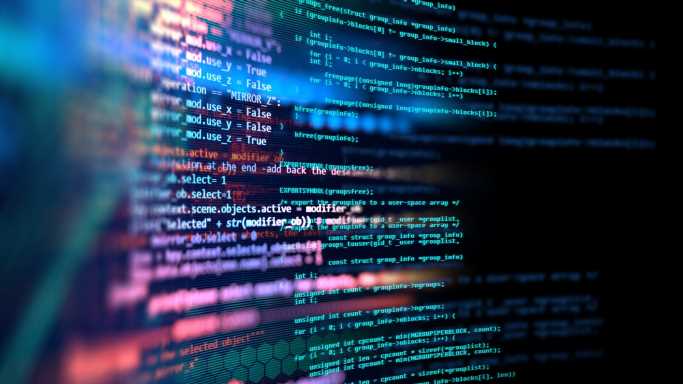Bitcoin developers are considering canceling Ordinals and BRC-20 tokens that have led to record high fees and congestion on the Bitcoin blockchain. The move comes as there are currently around 400,000 unconfirmed Bitcoin transactions in the mempool waiting to be added to a block.
Devs Propose Changes to Bitcoin’s Code to Kill Ordinals
Bitcoin developers are considering taking action against Bitcoin Ordinals and BRC-20 tokens, a new token standard that enables the minting and transferring of fungible tokens via the Ordinals protocol on the Bitcoin blockchain, which is currently clogging up Bitcoin block space.
As they exist today, Bitcoin Ordinals and BRC-20 tokens are only made possible by the 2017 scaling proposal called Segregated Witness (SegWit) and the more recent implementation of the Taproot upgrade, which brought smart contract functionality to Bitcoin.
While these updates were not designed for the specific purpose of Ordinals, they have made it possible by increasing the amount of arbitrary data that could be stored within a block on-chain. Bitcoin users can now store images, videos, and other data on the BTC blockchain via script using this loophole.
However, some Bitcoin developers have suggested closing this loophole with a “bugfix.” In a Bitcoin developer forum, Bitcoin core developer Ali Sherief suggested introducing a runtime option to delete all non-standard Taproot transactions, including Ordinals and BRC-20 tokens.
“We indirectly allowed this to happen, which previously wasn’t possible before. So we also have a responsibility to do something to ensure that this kind of congestion can never happen again using Taproot.”
Another Bitcoin core developer Luke Dashjr supported the proposal, said that “action should have been taken months ago” and proposed using a script code like OP_RETURN to mark these transaction outputs as invalid. He added:
“Since this is a bugfix, it doesn’t really even need to wait for a major release.”
Bitcoin NFTs Take Off But Congest the Blockchain
Recently-launched Ordinals and BRC-20 tokens have taken the Bitcoin blockchain by storm. Bitcoin transactions have been trending up since the launch of Bitcoin Ordinals, with Ordinals and BRC-20 tokens accounting for roughly half of the transactions on the network.
As reported, Ordinals has sparked some controversy within the community. Bitcoin purists have been critical of the Ordinals project, arguing that it could price out the actual financial activity and thus damage Bitcoin’s image as a reliable P2P payments network. On the other hand, supporters of the protocol have claimed that it can attract more people and extend the Bitcoin network’s use cases.
Nevertheless, more than 5.1 million Ordinals have been inscribed to the Bitcoin network since the protocol launch earlier this year, per a Dune dashboard. Likewise, the market cap of all BRC-20 tokens has exceeded $580 million as the number of tokens in circulation continues to increase.
BRC-20 tokens were pioneered by the pseudonymous on-chain data enthusiast Domo, who launched a token called ORDI in early March. According to brc-20.io, which tracks the nascent market for tokens minted on the Bitcoin blockchain, Ordi has a supply of 21 million and a market cap of around $400 million.
However, the recent rise of Bitcoin NFTs has come at the cost of the network becoming congested. Currently, around 400,000 unconfirmed Bitcoin transactions in the mempool are waiting to be added to a block.
The congestion even forced Binance, the world’s largest cryptocurrency, to pause Bitcoin withdrawals twice over the weekend. While the exchange eventually resumed Bitcoin withdrawals, it noted that pending transactions were being processed with higher transaction fees.
This article originally appeared on The Tokenist
Sponsored: Find a Qualified Financial Advisor
Finding a qualified financial advisor doesn’t have to be hard. SmartAsset’s free tool matches you with up to 3 fiduciary financial advisors in your area in 5 minutes. Each advisor has been vetted by SmartAsset and is held to a fiduciary standard to act in your best interests. If you’re ready to be matched with local advisors that can help you achieve your financial goals, get started now.
Source: Read Full Article
-
Why 5 ‘Strong Buy’ Value Dividend Stocks Can Weather the Bear Market
-
Treasuries Close Lower Following Volatile Session
-
Earnings Previews: ASML, Microsoft, Texas Instruments
-
US near-miss with government shutdown illustrates Washington dysfunction
-
Ukraine targets Russian soldiers threatening Europe's largest nuclear power plant

